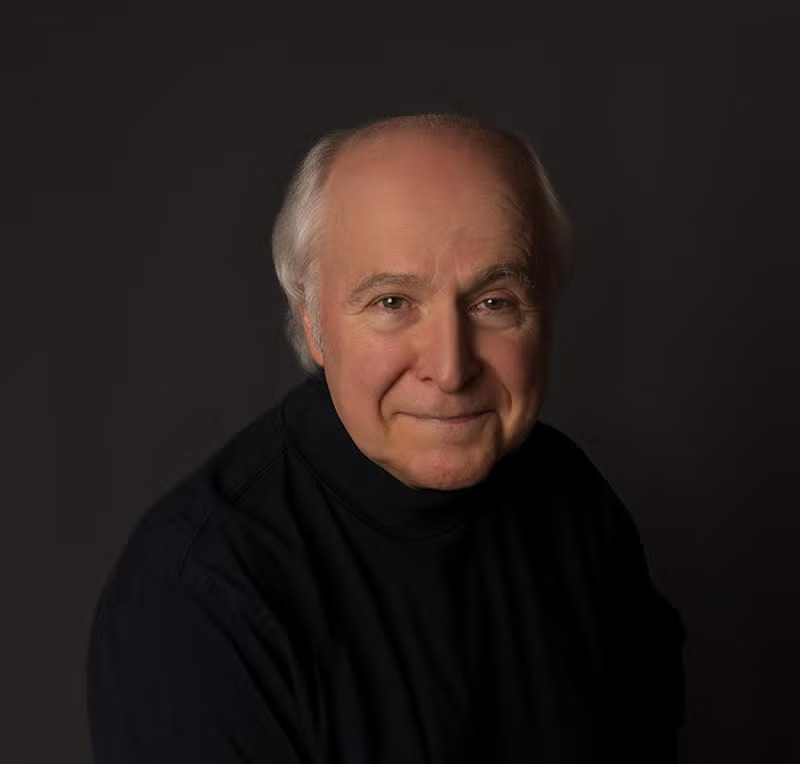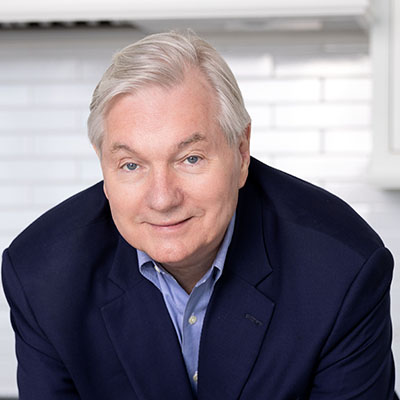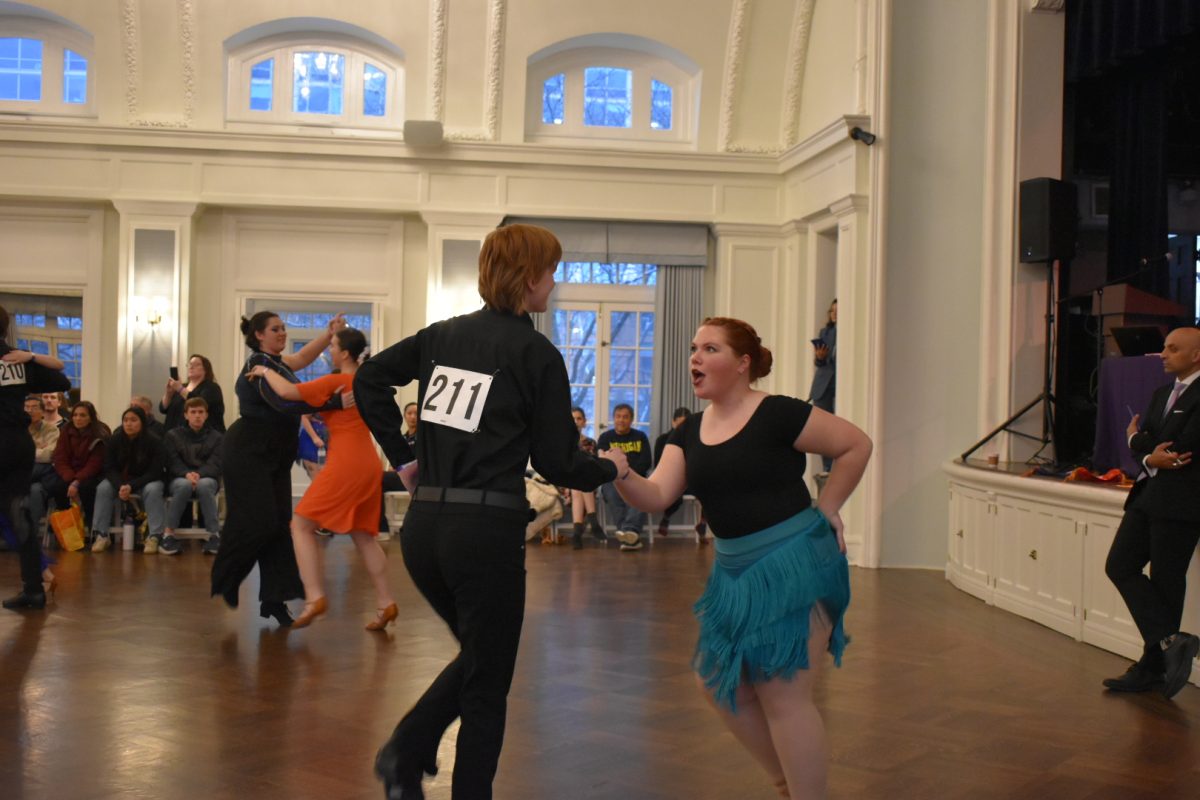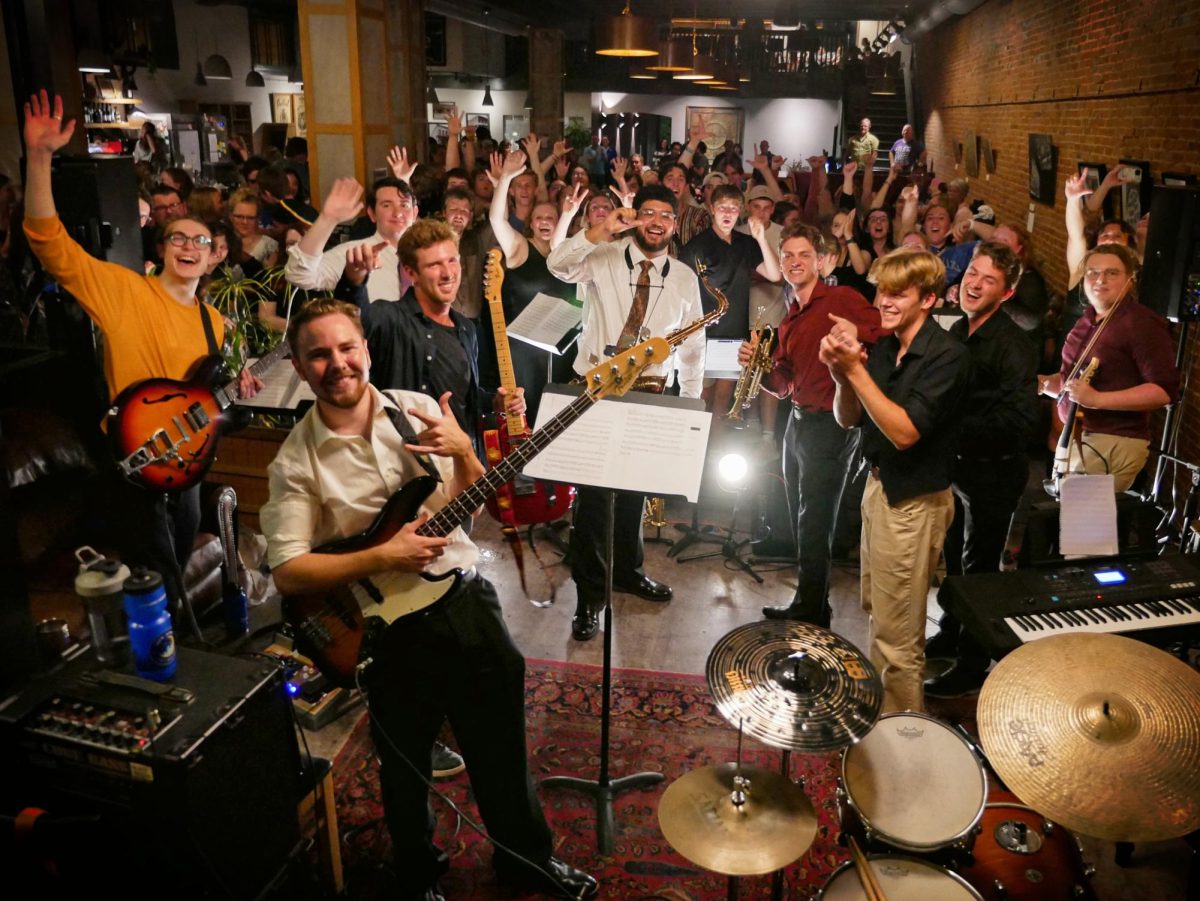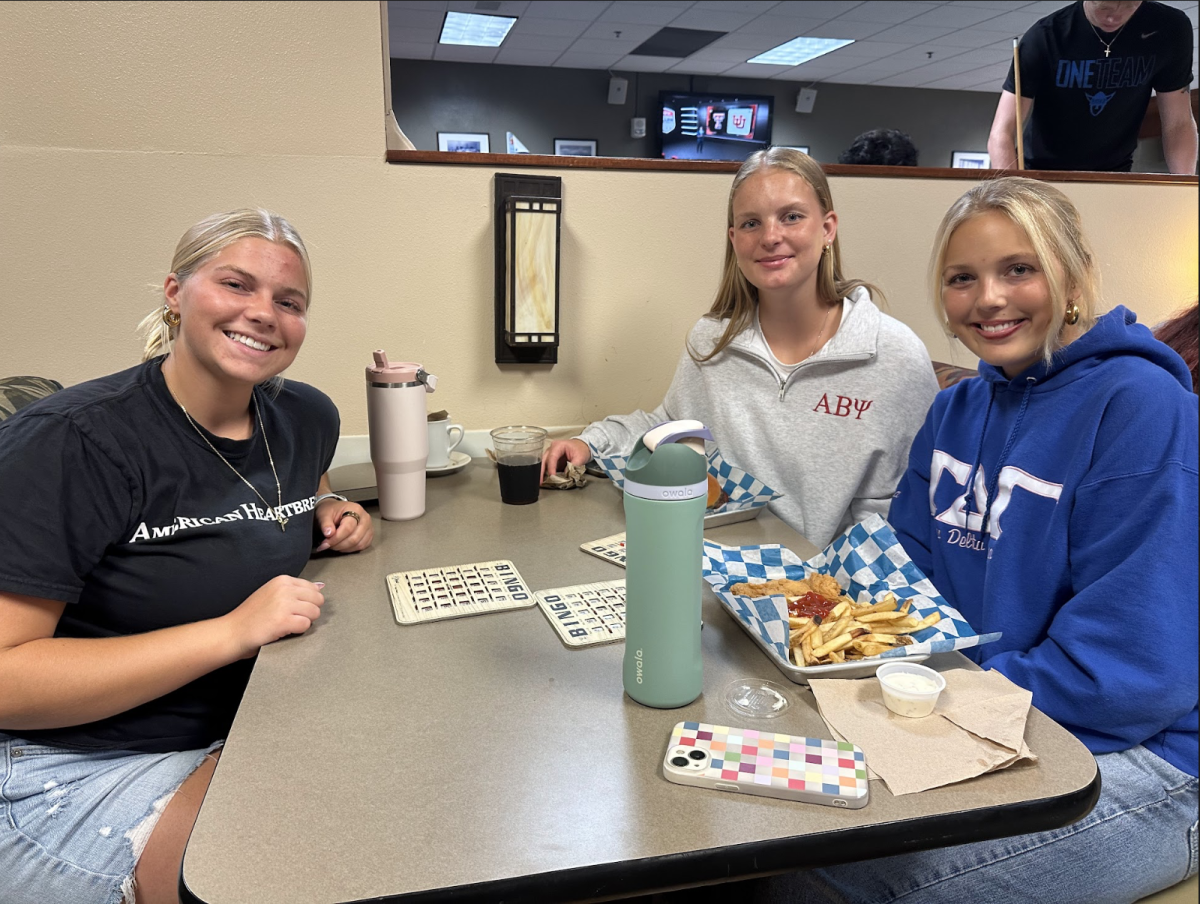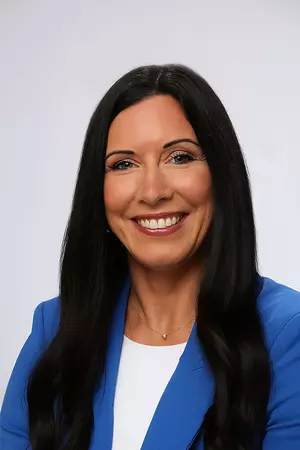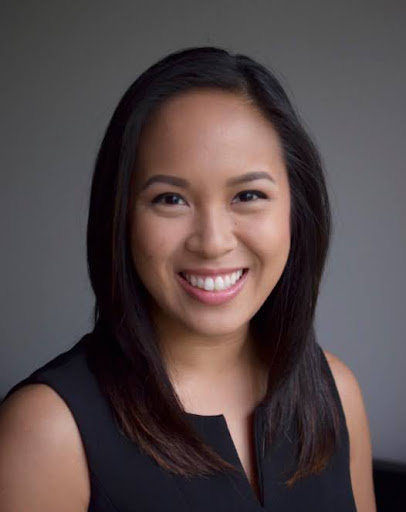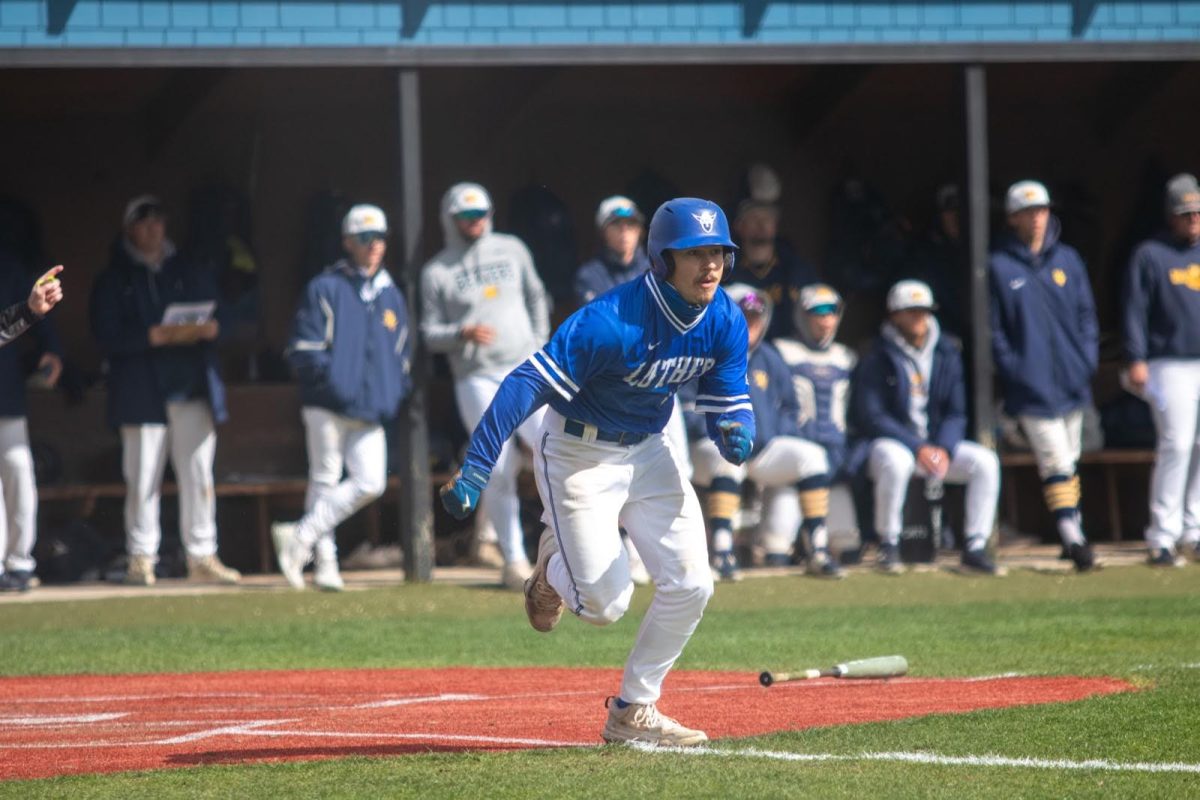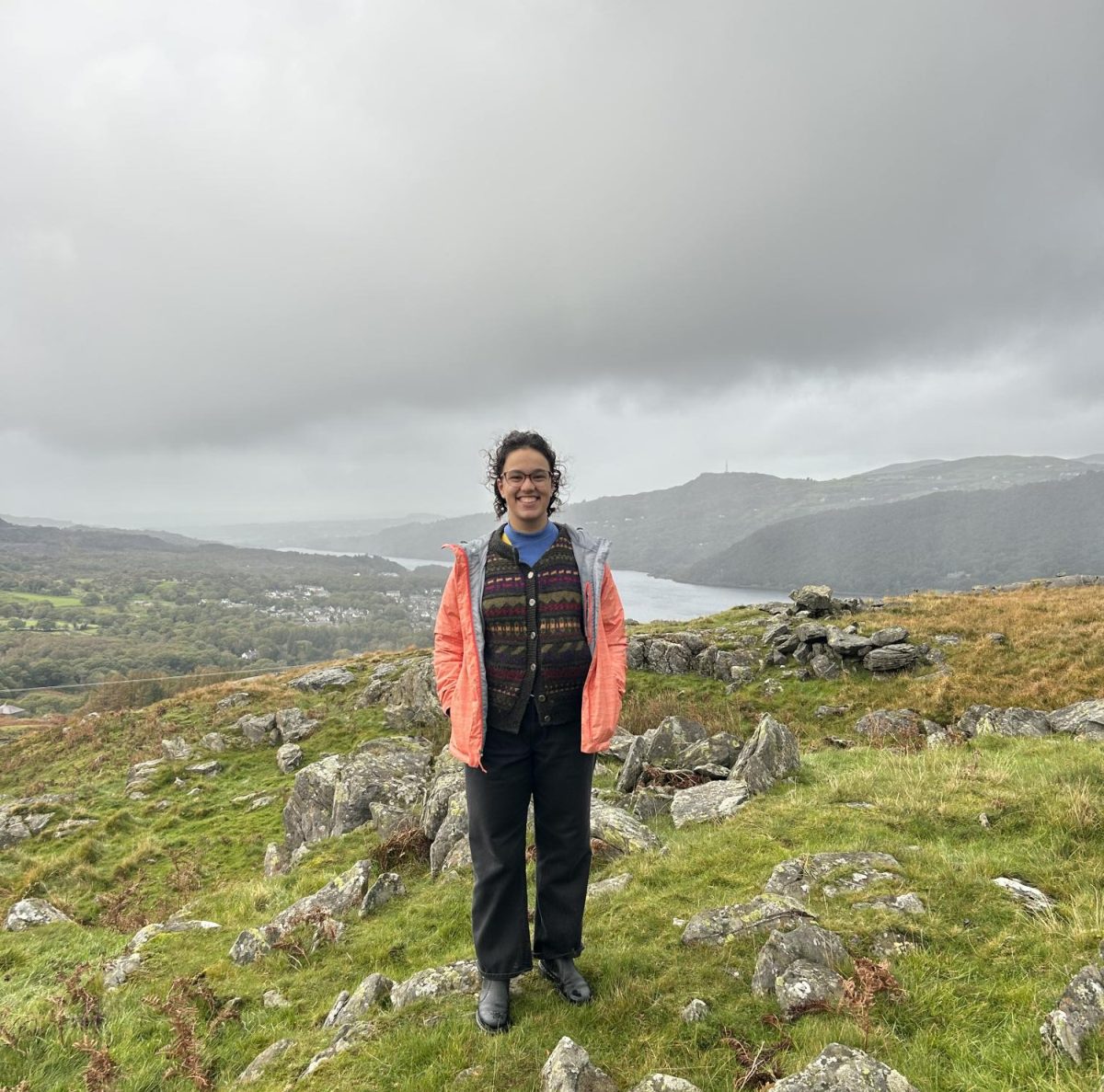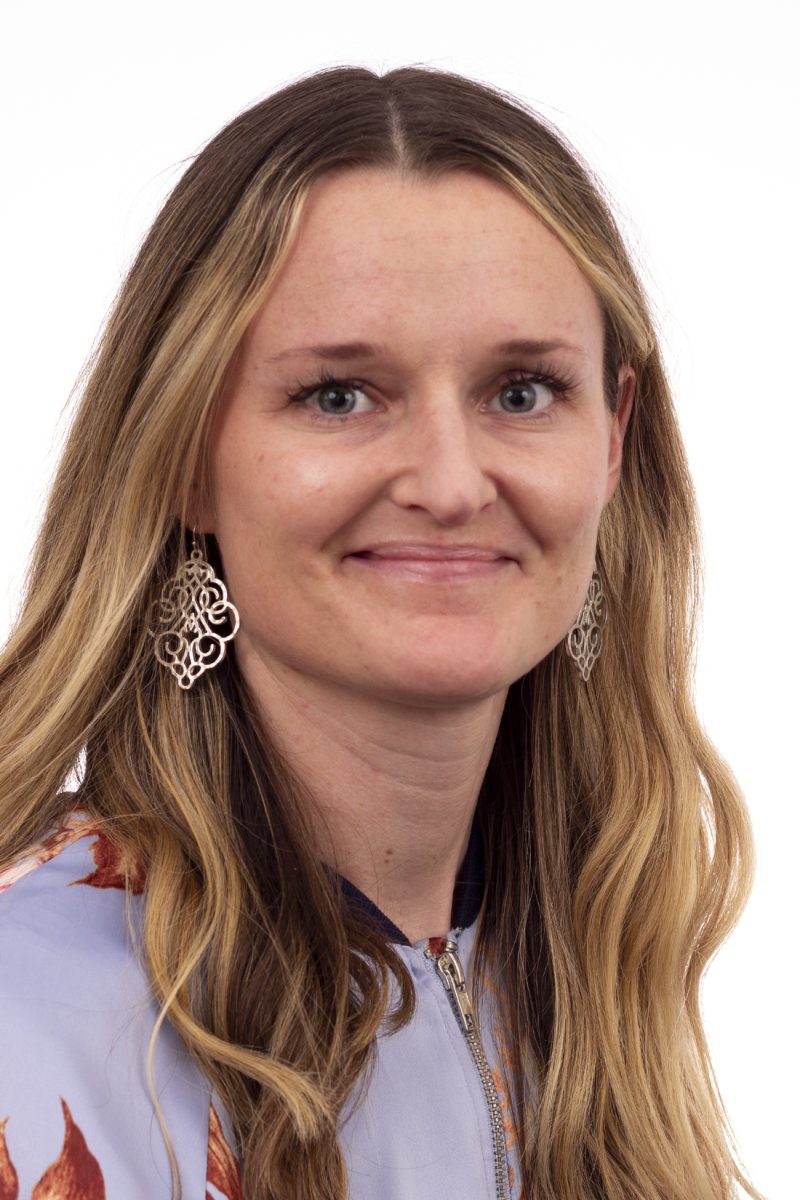Dr. Dennis Friesen-Carper has been hired as the Interim Director of Orchestral Activities at Luther College for the 2025-2026 academic year. Formerly the orchestra conductor and professor of composition at Valparaiso University, Friesen-Carper now works as an active church musician in St. Paul, Minn. in addition to his role at Luther.
Responses have been edited for clarity and length.
Q: How did you come to be interested in the Interim Orchestra Director position at Luther College?
A: The world of academic orchestra conductors is not a large one, as you can imagine. I was the director of the orchestra at Valparaiso University near Chicago for a number of years, and became acquainted during other teaching with one of the faculty members who is involved in the Orchestra program at Luther. He contacted me and said, “We need somebody, would you be willing to apply?” I have a position in St. Paul as a church musician, but that schedule is a Wednesday-Sunday schedule, basically rehearsals and then Sunday morning services. So the Monday, Tuesday, Thursday schedule of the [Symphony] Orchestra actually happened to match my personal schedule remarkably well.
Q: What interests you about working with a college orchestra, and how do you balance your roles as a conductor and an educator?
A: I love to conduct orchestra. I love working with young people, so I applied and feel fortunate to have the chance to work with this wonderful group of musicians. I’ve had the good fortune of working with high school orchestras, college orchestras, community orchestras and professional orchestras–I’ve had good experiences and less good experiences in all of those areas. But one of the things that I like about a university orchestra setting, and I would say this goes particularly for Luther College Symphony, is that students are anxious to learn. They’re in the process of discovering even the most standard repertoire, and so they have a joy of discovery, as well as a kind of built-in “college spirit” that makes the music making process enjoyable, in addition to doing great repertoire. So they can play difficult and interesting repertoire–each of our pieces on this fall program has significant challenges for them and certainly all professional level repertoire, but they are rising to the occasion in a wonderful way.
Q: This being a short term position, what vision do you have for the orchestra as you make decisions, both during this year and going forward? Also, what musical goals do you have for the ensemble this year, and how do your repertoire choices reflect them?
A: Right, well, you know the Hippocratic oath that says, “First, do no harm?” I think the main thing, the big picture job is for me to bring the orchestra safely from the retirement of beloved Dr. Baldwin [professor emeritus of music and former symphony orchestra director], who did such a wonderful job of building and nurturing this orchestra over the years, to the new music director who won’t be able to take the reins until next Fall. My other goals are the same as with any academic orchestra. There are certain skills and styles that are fundamental to orchestra playing. We have to learn how to play music from what we might call the First Viennese School–Mozart, Haydn, Beethoven and music in that style. This classical style is the foundation of all orchestral playing, and it has to do with winds, brass, percussion and strings matching lengths of notes, matching how they phrase off at the end of a phrase. And then they’re learning how to transfer that into the Romantic repertoire, where you’re playing much more sustained. You have to learn how to balance, play in ensemble within a section, people have to learn how to play solos. So I’m working on those skills, hoping that a different perspective from the previous conductor may give them a multivalent point of view about orchestral playing that will make them open to a new conductor coming in a year.
Q: In addition to your different perspectives, you have brought different methods and techniques to orchestra rehearsals than what many students might be used to. How do you feel the response from the ensemble has been so far? And how do you feel about your first performance with LCSO (Luther College Symphony Orchestra) at the Homecoming concert?
A: Outstanding. I must tell you, I did not expect the quality of dedication to detail, and the openness to my criticism. I mean, you must expect anytime you come into a new orchestra, there’s kind of a “feeling out period,” “Does this person know what they’re doing,” and I would have to say that there’s really been almost none of that with this orchestra. They wanted to play. Now, it doesn’t hurt that we had a concert scheduled a month after we started together. Last year, the orchestra had two months to prepare for Homecoming. This year, Homecoming comes right at the beginning of October instead of the end. And we also had to change our program after the first week–so really we’re going up with three weeks of preparation, but they have just made such fantastic progress, and I’m very proud of them, and really impressed.
Q: How do you view LCSO’s role in the Luther community?
A: In most school communities and really within the arts community in the west, the orchestra has a function of playing this wonderful repertoire that extends back into the early Baroque era. So there is a role of maintaining, developing and furthering this canon of orchestral music, that is just one of the wonders of the world, as far as I’m concerned. It’s an astonishing repertory, the colors that are available. Obviously, movie composers appreciate the many things that the orchestra can do, because orchestra is almost always the foundation of any major film soundtrack. But, the orchestra originally grew out of the opera pits, and so it’s very connected to the voice, the kind of natural ebb and flow of tempo that comes from working with singers. It is also a natural accompaniment for ballet. There’s a lot of very interesting orchestral music that was originally composed as incidental music for theater pieces. There are plays that are never performed anymore, but we still do the music. So the orchestra has many roles and I think that the role of accompanying singers is essential to the training of the musician in the orchestra, and that’s why we’re doing an opera aria with one of the fantastic voice faculty from Luther as part of our program. So the role is complicated–of course, the orchestra is the kind of anchor ensemble for Christmas at Luther–that, I think, is emblematic of its role at Luther.

